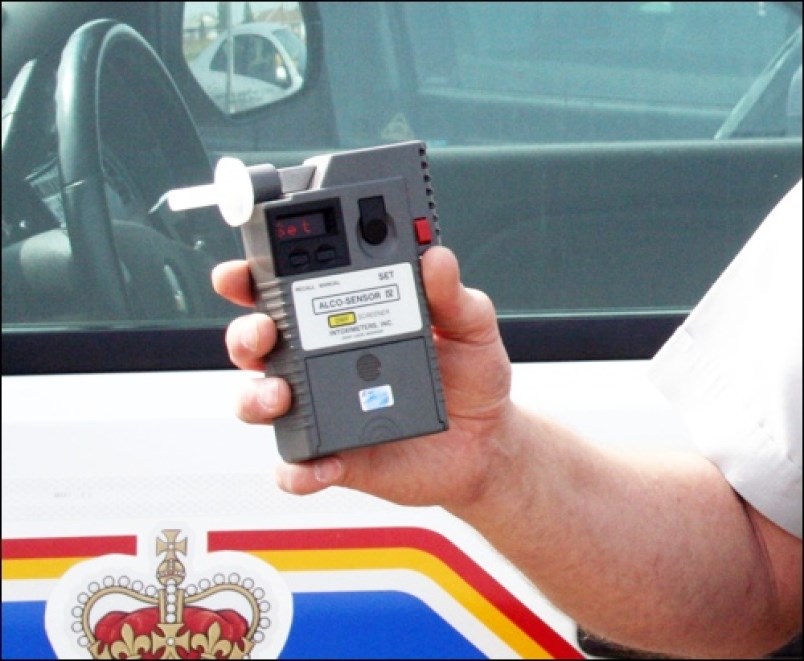A B.C. Supreme Court Justice has set aside a Superintendent of Motor Vehicles adjudicator's decision to uphold a 90-day driving prohibition for a Quesnel man.
In issuing the decision, dated May 31, Justice Ron Tindale found the adjudicator lacked the evidence to determine which provision of the Criminal Code police used to make the breath demand.
Dustin Alsager Rivard was issued the prohibition on the night of Nov. 30, 2020 after both samples he provided through a roadside screening device produced a fail.
Rivard had just left a restaurant in Prince George when police pulled him over after he allegedly failed to maintain his lane and went through a stop sign.
Rivard applied to the Superintendent for a review and, in February 2021, an SMV adjudicator issued a written decision upholding the prohibition.
Rivard subsequently filed a petition in B.C. Supreme Court seeking to have the adjudicator's decision set aside. In doing so, he set out a number of concerns with how RCMP conducted their investigation, most of which Tindale dismissed.
However, Tindale took issue with the adjudicator's finding as to which of two subsections of the Criminal Code was used to make the breath demand.
One, 320.27 (1) (b), is reserved for instances in which the officer has "reasonable grounds" to suspect a person may have been driving while impaired within the past three hours.
The other 320.17 (2) is for instances when the officer has an approved screening device at hand and requires the driver to "immediately provide samples of breath" for analysis.
According to a blog on the Acumen Law Corporation website, subsection 320.17 (2) is the result of December 2018 amendments to the Criminal Code that allow an officer to make a breath demand "without any grounds to believe the driver has been drinking."
"Lawyers, including us, labelled this 'arbitrary breath testing' because there is no test regulating the behaviour of the police. The Government decided to call it “Mandatory Alcohol Screening,” Acumen says in the post.
The SMV adjudicator found the demand was made pursuant to the 320.17 (2) and further inferred that the Charter card used by the officer contained the appropriate demand.
Both the officer's narrative and the report were on pre-printed templates and Tindale noted that neither document has a section to be filled in if the demand was made under 320.17 (2).
Instead, the section of the narrative asking for the time when the officer's reasonable suspicion was left blank and under the section asking how the suspicion was formed the letters "MAS" were typed in.
Likewise, in the report, in the box which asks the time when the officer formed his suspicion was crossed out and on the top of the box were the handwritten letters “MAS.”
The adjudicator found it likely that MAS meant Mandatory Alcohol Screening but Tindale disagreed.
"It is clearly not an acronym that would have been known to the petitioner or a member of the general public," Tindale wrote.
He also noted that counsel for the respondents - namely the Superintendent of Motor Vehicles and the Attorney General of British Columbia - were unable to explain why the documents had not been updated to account for demands made pursuant to s. 320.17 (2).
As a consequence, Tindale set aside the adjudicator's decision and remitted the matter for a further hearing on which subsection was used.



